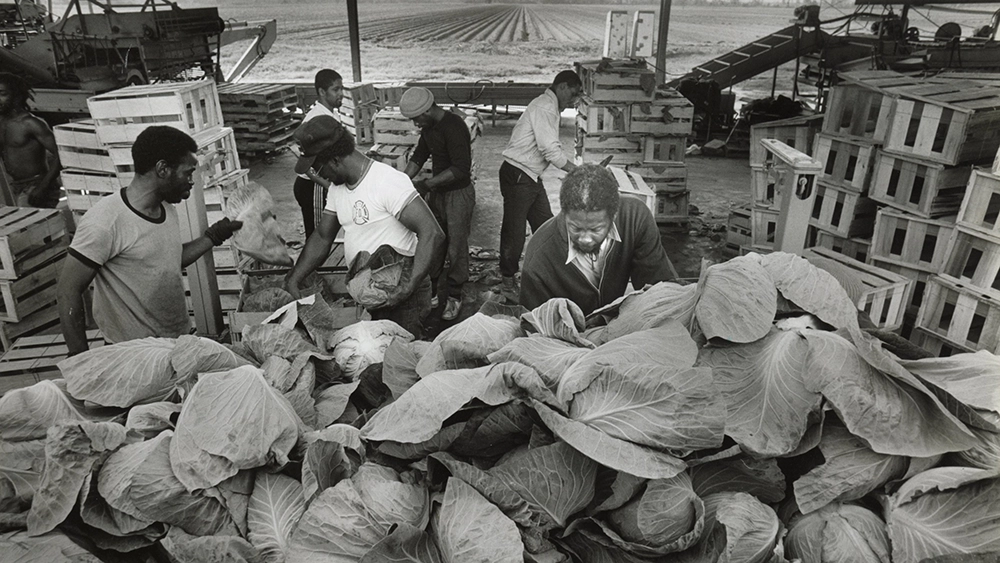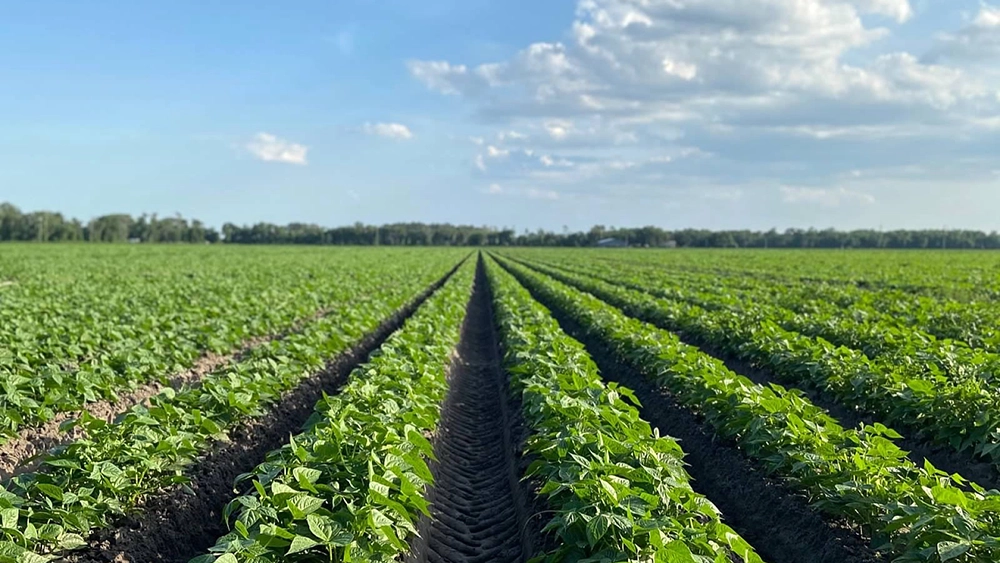St. Johns County wants to ensure that people in the agriculture industry have a seat at the table during important county decisions.
The county on Tuesday created a seven-member advisory board so farm owners can provide input about development proposals affecting their livelihood. Committee members also will provide advice about agriculture education efforts and grant proposals.
Agriculture in the county
It would be easy to assume that, having grown as much as it has in recent years, all of St. Johns County’s farmland is paved over.
Although agriculture isn’t as prevalent in the county as it once was, Prissy Fletcher tells Jacksonville Today that St. Johns still ranks high among Florida counties producing agricultural goods, including fruits and vegetables.
Fletcher works part time with the county as a policy analyst on agricultural matters, but she also works as a teacher in the University of Florida’s Department of Soil, Water, and Ecosystem Sciences.
She says there are more than 200 active farms in St. Johns County — including those in and around Hastings — growing potatoes, cabbage, broccoli, bok choy and much more.
“Our farms range from Hastings, Elkton, St. Augustine, but primarily on the west side of the county,” Fletcher explains. “As you get coastal, we get way too salty, and you’re just limited in what can survive those conditions.”
But the acreage of farmland in the county has decreased by 15% since 2019. Fletcher says giving farm owners a voice in important decisions will help elected officials understand how their decisions affect the local economy and food systems.

The idea for the board came after Wilson Family Farm owner Christine Wilson contacted a number of people in the agricultural community — including Fletcher — to speak to the County Commission in opposition to a development near rural land on the county’s west side.
Fletcher believes the new agriculture board will free farm owners from rallying people to speak during limited time at public meetings.
“I was very concerned about how this would drown out our farming community if we let these large-scale developments come into the rural area,” Fletcher says. “We need to consider not just how is this going to economically impact us, but how is this environmentally going to affect our ability to produce healthy crops?”
Wilson, whose farm was established in 1960, is happy with the County Commission’s decision to create the new board.
“This gives us a direct and open conversation with our county leaders, giving us a voice and bringing awareness to all the residents of this county,” Wilson says. “The only ray of hope we have in this community to sustain long term, is working with the county, and together coming up with solutions to let us keep doing the job that only a small percentage of the population can handle doing.”
Who’s eligible?
In order to be eligible to serve on the Agriculture Advisory Committee, applicants must:
- Have owned or operated a commercial farm producing fruit, vegetables, flowers, sod or hay for the last five or more years.
- Derive the majority of their income from agricultural production.
- Not represent the same crop production as more than one other member of the committee.
The eligibility excludes people who don’t farm on a commercial scale. Farmworkers aren’t eligible to be members of the board, either. Fletcher said cattle farmers will be eligible to join the board if they grow hay.
Applications aren’t open yet, but Fletcher says they will be available on the county’s website once they are live. She hopes that, given the response she has heard from farm owners, the committee will be able to hold its first meeting before the end of the year.







